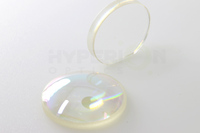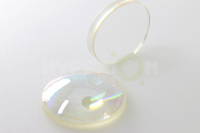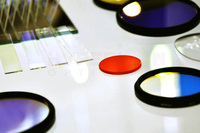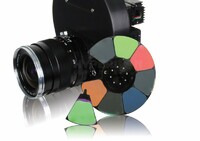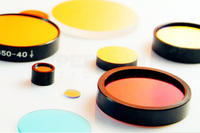Telecentric Lenses
Specifications
In many machine-vision systems, such as those used in semiconductor inspection, precise repeatable measurements must be made consistently. To ensure this occurs, system developers must turn to more
expensive optical systems based on telecentric lens with which to image these parts.
Many of the reasons for choosing telecentric lenses emerge from the limitations of more conventional lens systems. For example, should an object move even slightly within the depth of field of a
conventional lens system, there will be an associated magnification change. In the past, magnification changes due to object displacement were calibrated by means of an additional camera or a depth
sensor tracking the distance between the lens and the object. The use of a telecentric lens can substantially reduce or even eliminate such magnification changes and therefore remove the need for
any additional camera and preprocessing of the image data that may otherwise be required to correct for any magnification errors.
Perspective or parallax errors can also be eliminated by the use of telecentric lenses. In conventional optical systems, closer objects appear relatively larger than those further away because the
magnification of an object changes with its distance from the lens. However, telecentric lenses optically correct for this parallax error so that objects remain the same perceived size independent
of a specific distance from lens.
Telecentric lens can solve above problems effectively in a specific working distance. Telecentric lens has same magnification which isn't change with DoF after focalization. Telecentric lens can
provide superior image quality with low distortion and no parallax, so it can be used in high precise measurement and the detection of the work piece’s defect.
We provide telecentric optical system, telecentric system, telecentric lens depth of field, telecentric lens design, hyp design, etc. For more information, please feel free to contact us!
- Country: China (Mainland)
- Founded Year: 2016
- Contact: Boxin Li


